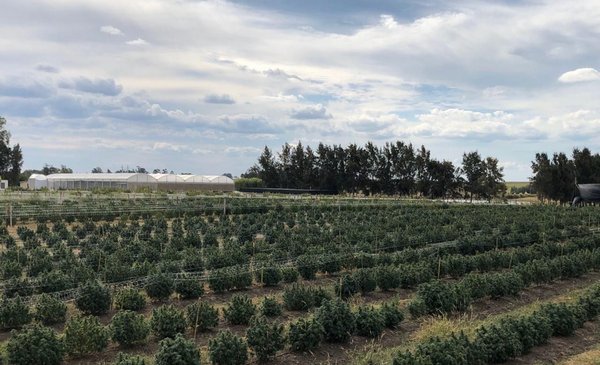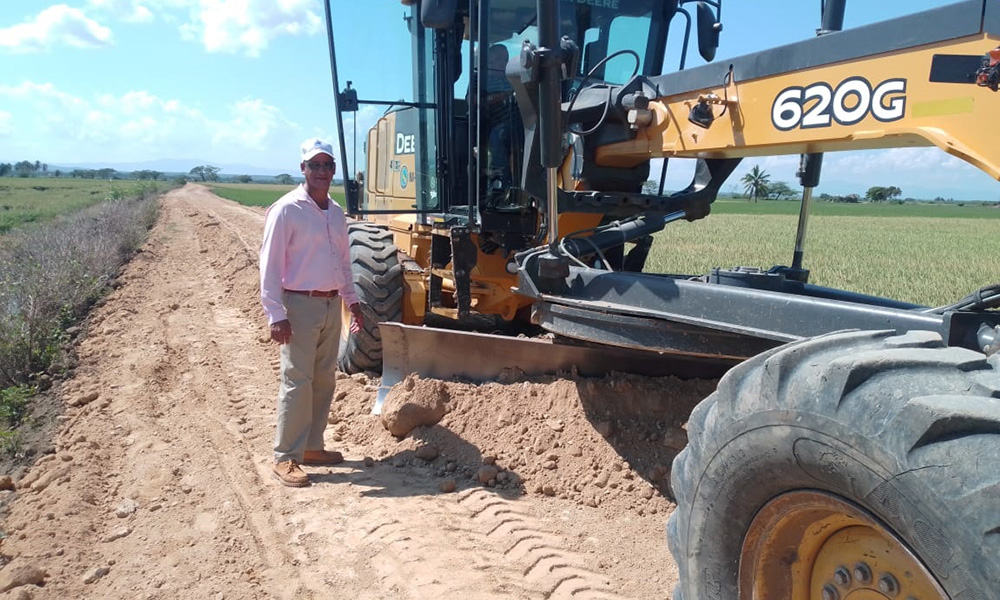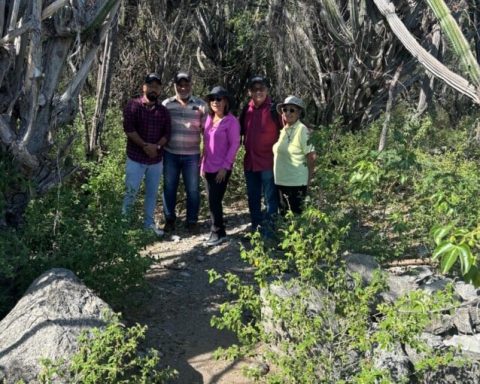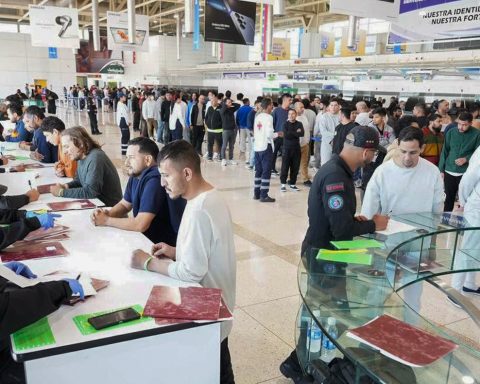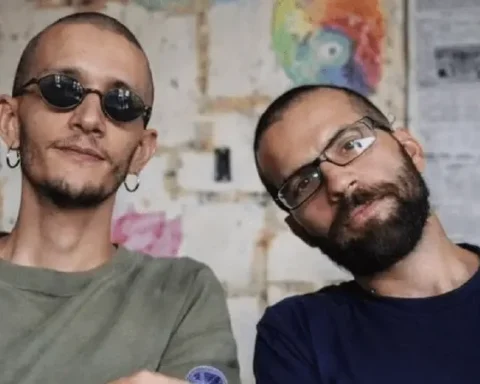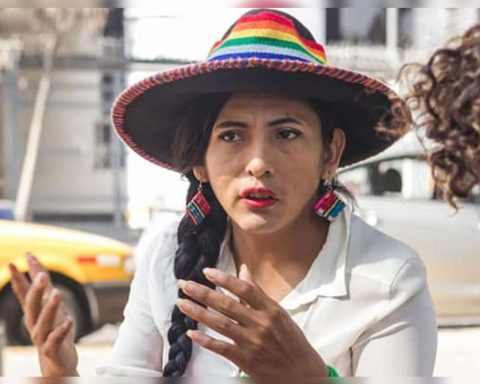the iMayor of Salto Andrés Lima is excited and hopeful that the firm’s project Nutripharco -of Argentine and Uruguayan capitals- can start in the middle of the year with the civil works to give it an “out” for the cultivation of hemp in its area of influence.
The chief informed The Observer that In recent weeks, the company formalized its investment project for US$ 15 million before the commune to settle in the Central Horticultural agro-industrial parkat the intersection of routes 3 and 31.
The Municipality of Salto had offered this private the transfer of 1.5 hectares in that park as a way of “give an incentive” to capture that investment and also so that it can be the “gateway” to new players in the cannabis industry, which is in the process of expansion and boom in different countries.
Lima said that in March the commune will send to the Departmental Board the request for permission to be granted for the Nutripharco facility on that propertyto which the investor will annex another hectare on his own.
“The company has already informed us that it has everything ready to start the works in the middle of the year,” assured the mayor, who added that the private sector already has the financial resources to kick-start the civil works. The direct employment in this agro-industrial project is estimated to be about 30 people and will generate other jobs indirectly during the hemp harvest season.
a commercial outlet
For the mayor of Salta, Nutripharco’s investment “will have an effect on the entire sector”, since the private sector “will ensure a commercial destination” for the production that has two important companies located in the area and another smaller group of about 40 farmers who belong to the Association of Hemp Producers of Uruguay. According to Lima, the private sector is thinking of developing some 200 hectares of this crop to supply its industrial plant, and the crop harvest season would extend beyond the two months it currently takes.
He added that the business model proposed by the firm is to sign “agreements” with producers to buy “all the crops” that meet certain conditions. “That completely changes the panorama because the producers would have a safe commercial outlet for their activity,” Lima pointed out.
This because today the export from Uruguay is limited to a single market (Switzerland) of a by-product such as flowers. In the January-February two-month period of this year, Uruguay exported flowers with less than 1% tetrahydrocannabinol (THC) of cannabis to Switzerland for a value of US$ 241 thousand, while last year sales to that market totaled US$2.7 million, according to customs data.
The company transmitted to the community of Salta as well as to the bank of mayors of the Departmental Board that it already has clients for its production in the US and European markets.. Lima is “optimistic” that once this project begins, other agro-industrial companies to process hemp can join the park of the Central Horítocola.
The north of the country is one of the areas that is most adapted to the cultivation of hemp due to its climate. Uruguay has about 80 companies growing non-psychoactive cannabis authorized by the Ministry of Livestock, Agriculture and Fisheries (MGAP).
Cannabis crops are present in 14 of the 19 departments of the country. In addition, according to data from the Institute for the Regulation and Control of Cannabis (Ircca), there are 5 licenses for psychoactive cannabis, 17 for medicinal use, 18 for industrialization, 27 for research and 3 licenses for analytical laboratories.
